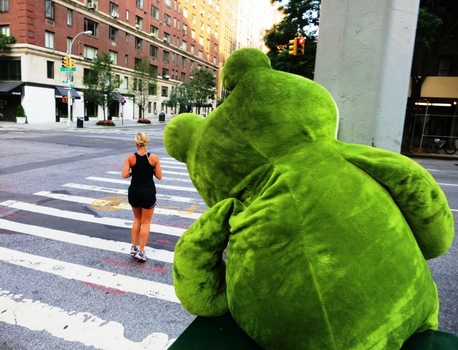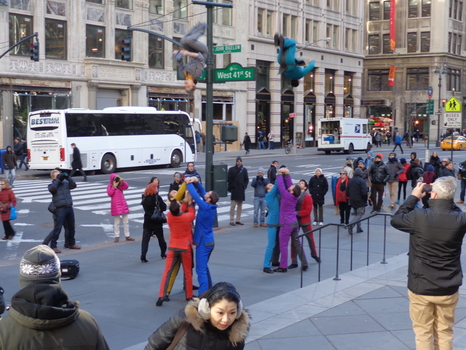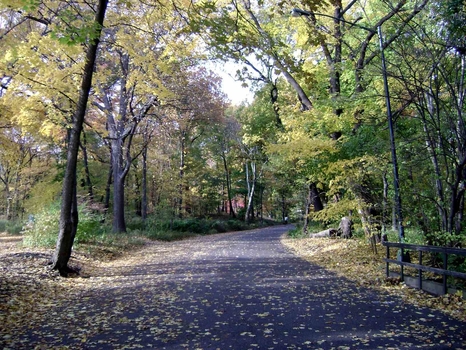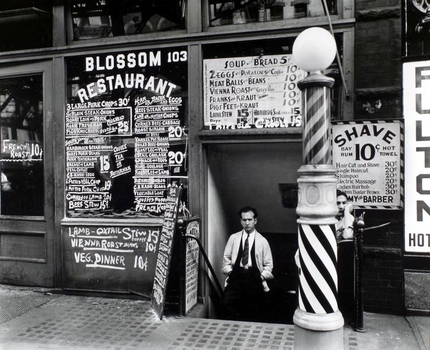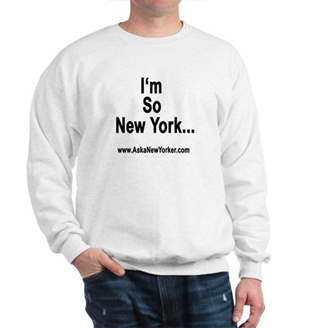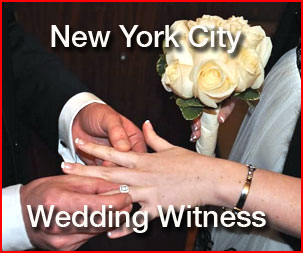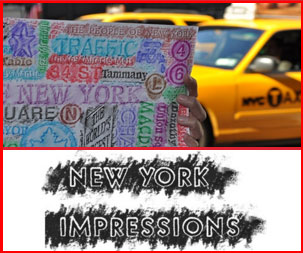Millions of protesters rallied in major cities across the world last Saturday as part of a global protest against seed giant Monsanto and the genetically modified food it produces. We wonder where is Mayor Bloomberg in all of this? Yes, he is concerned about soft drinks and smoking, which is commendable but what about Monsanto’s work at play in New York supermarkets and across the world? Human rights campaigner Bianca Jagger took up the mantle in London. Where was our Mayor of New York?
In fact so many protested against Monsanto’s threat to food in London that demonstrators had to move from Parliament Sqaure to nearby Old Palace Yard for a rally where Bianca Jagger was the first speaker. Maybe Mayor Bloomberg should take a leaf out of Bianca Jagger’s book because this is a huge health issue.
Bianca Jagger said “I participated in the march because Monsanto is endangering our health and the health of our children.” It is good to know that some people care about what we are eating and it seems that many people do.
“March Against Monsanto” protests were held in 52 countries and 436 cities, where some demonstrators waved signs that read “Real Food 4 Real People” and “Label GMOs, It’s Our Right to Know.”
Genetically modified plants are grown from seeds that are engineered to resist insecticides and herbicides, add nutritional benefits or otherwise improve crop yields and increase the global food supply but protestors are concerned about what it does to our health.
Unbeknownst to most people corn, soybean and cotton crops grown in the United States today have been genetically modified and genetically modified organisms can lead to serious health conditions and harm the environment. GMOs have been a growing issue of contention in recent years, and health advocates are pushing for mandatory labeling of genetically modified products even though the federal government and many scientists say the technology is safe. We say: Do we have the right to know what we eat?
The ‘March Against Monsanto’ movement began just a few months ago, when founder and organizer Tami Canal created a Facebook page on Feb. 28 calling for a rally against the company’s practices.
“If I had gotten 3,000 people to join me, I would have considered that a success,” she said but Instead, she said an “incredible” number of people responded to her message and turned out to rally.
“It was empowering and inspiring to see so many people, from different walks of life, put aside their differences and come together today,” Canal said. The group plans to harness the success of the event to continue its anti-GMO cause.
“We will continue until Monsanto complies with consumer demand. They are poisoning our children, poisoning our planet,” she said. “If we don’t act, who’s going to?”
Protesters in Buenos Aires and other cities in Argentina, where Monsanto’s genetically modified soy and grains now command nearly 100 percent of the market, carried signs saying “Monsanto-Get out of Latin America”
Monsanto Co., based in St. Louis, said that it respects people’s rights to express their opinion on the topic, but maintains that its seeds improve agriculture by helping farmers produce more from their land while conserving resources such as water and energy.
The Food and Drug Administration does not require genetically modified foods to carry a label, but organic food companies and some consumer groups have intensified their push for labels, arguing that the modified seeds are floating from field to field and contaminating traditional crops.
They have a point. Can we not know what we eat? There are also a growing network of consumers who are wary of processed and modified foods and justifiably so.
The U.S. Senate this week overwhelmingly rejected a bill that would allow states to require labeling of genetically modified foods but we ask why? You put warnings on so many things what about potentially harmful foods?
Whole Foods who have a number of stores across Manhanttan say there is growing demand for products that don’t use GMOs, with sales of products with a “Non-GMO” verification label spiking between 15 percent and 30 percent.
Mr. Mayor we ask you to do something about our food in New York, Bianca Jagger and millions of others know Monsanto is creating a huge problem. Where are you?


